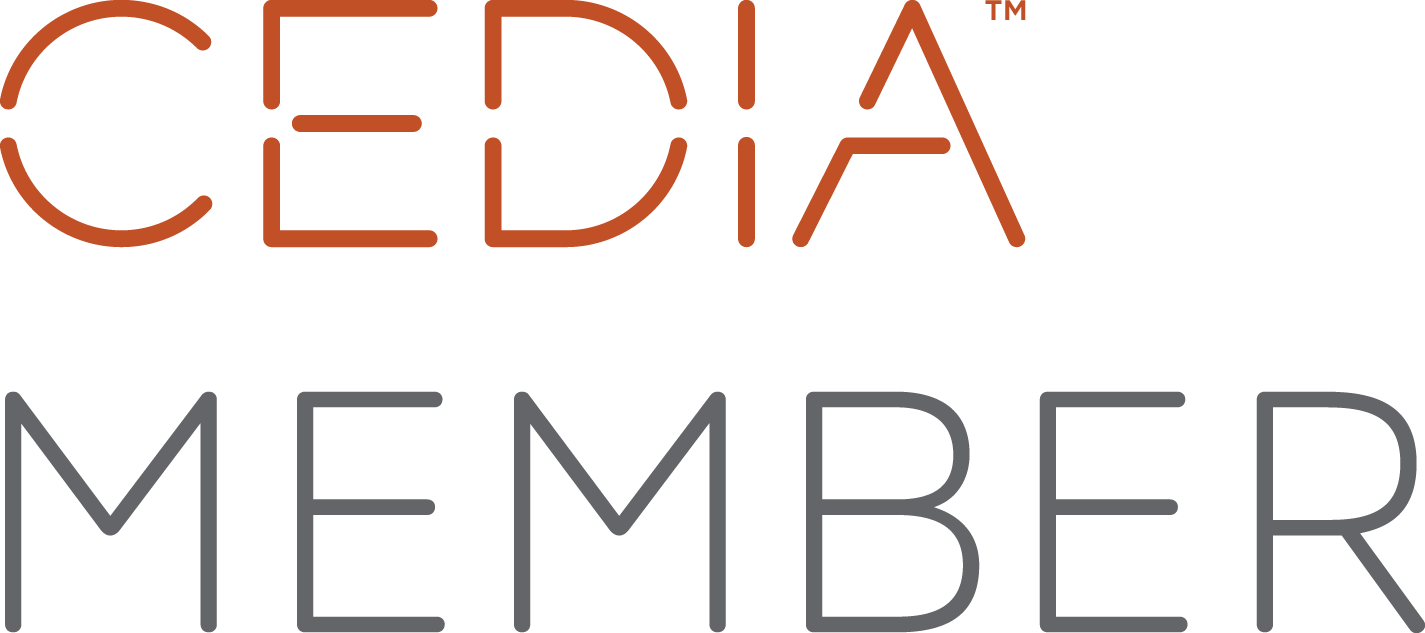Even before you land a job – planning is key. Keep in mind while you’re in the trenches, looking for that perfect position, your process throughout this has the potential to help you in your interviews. If an employer sees your drive and determination playing out even in the job-hunting process, they already have a reason to hire you. If they see even further that you have a detailed plan for success, they will start thinking through how that would play out in their company. The sooner you become an asset to them, the sooner you’re in their head, the sooner you stand out from other candidates.
Elements of planning…
- Be aware of potential challenges. The further you have mentally prepared for potential challenges, the more easily you will handle anything thrown at you in a project. Keep your planning relevant to the project, but even if that particular challenge doesn’t arise, you have already strengthened your approach significantly.
- Don’t be afraid of detail. This can be something to get used to. Especially if you’re not a natural planner, your tendency will be to rush this process and skip over smaller items. Don’t be afraid to map out even the smallest of details. The less you have to think about the process when you’re in it, the more room you have for your own creativity, efficiency and in the end a better finished product.
- Learn from your mistakes. Naturally, when you make a mistake in any situation, you want to forget about it quickly and move on. While you shouldn’t dwell on these mistakes, recognize the reason it happened and what can be done in the future to avoid it recurring. The more you practice this, the faster you grow in whatever area you’re dealing with. If you can make this a habit, you will quickly see your talents and strong suits multiply as you are constantly tweaking, learning and ultimately…mastering. Always consider lessons from past mistakes when planning for the future.
Planning in the workplace is critical. Depending on your methods, it has the potential to set you apart from your co-workers, increasing the chance for additional responsibility and eventually, promotion.

